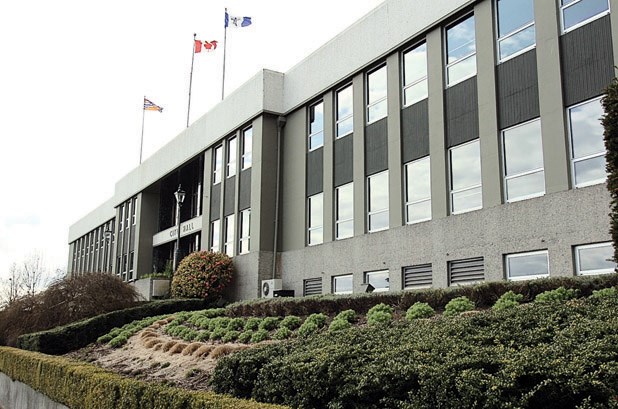The City of New Westminster wants the province to use a portion of the liquor tax to help municipalities cover increased police costs related to looser liquor laws.
In an attempt to modernize liquor laws, the government has proposed regulations it believes will give consumers more choice, assist with economic growth and tourism, promote local products and cut red tape – with a total of 73 recommended changes.
A staff report raises the concern that the changes could increase the availability of liquor and, potentially, the demand for police service.
Coun. Chuck Puchmayr said the city has worked hard to address issues in the downtown relating to licensed establishments and doesn’t want that progress to be hindered by the new laws.
New Westminster will recommend that the Union of B.C. Municipalities ask the province to discuss the appropriate amount and method of payment for a liquor tax that should be directed to local governments to cover increased police costs associated with an increase in availability of liquor.
Some of the changes already implemented include allowing “variable pricing” so establishments are able to offer happy hours, allowing manufacturers to sell their products at farmers’ markets and allowing minors in “liquor-primary” establishment such as pubs until 10 p.m. if accompanied by a parent or guardian.
Future changes could allow liquor to be sold in grocery stores, patrons in licensed premises to drink alcohol without ordering food and restaurants to stop serving food after a certain hour and operate as licensed premises.
“Now we have a situation where people can drink in a restaurant like they drink in a bar?” said Coun. Bill Harper.
Bev Grieve, the city’s director of development services, said the line between bars and restaurants is being “blurred” by proposed regulations, and the city is concerned about the potential impact on the establishment of a family-friendly downtown.
New Westminster Police Chief Const. Dave Jones said the city has seen some successes in dealing with nuisance behaviour from alcohol establishments, and the proposed changes to B.C. liquor laws have the potential to impact the strides made in New Westminster.
Council will ask the province to consult with local governments before implementing further recommendations arising from its liquor policy review. The city has also asked that a representative of the Liquor Control and Licensing Branch attend a future council meeting to present information about the changes to liquor regulations.



